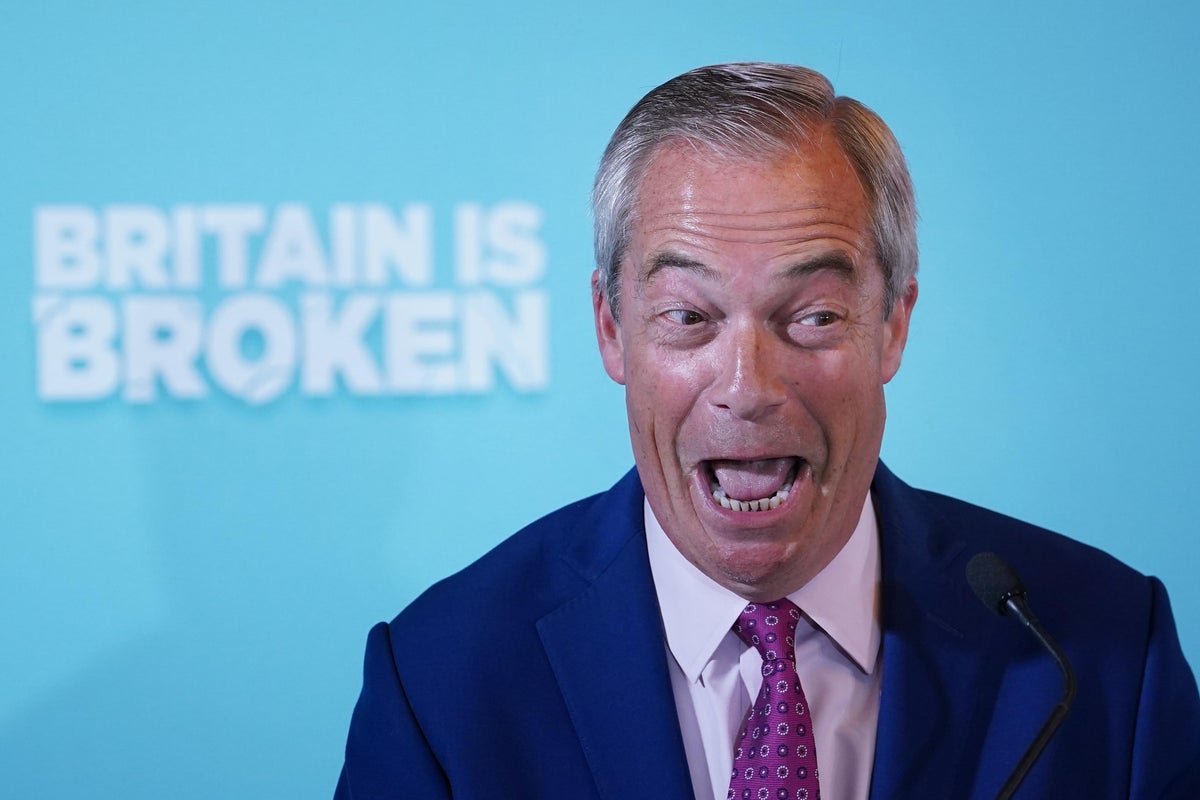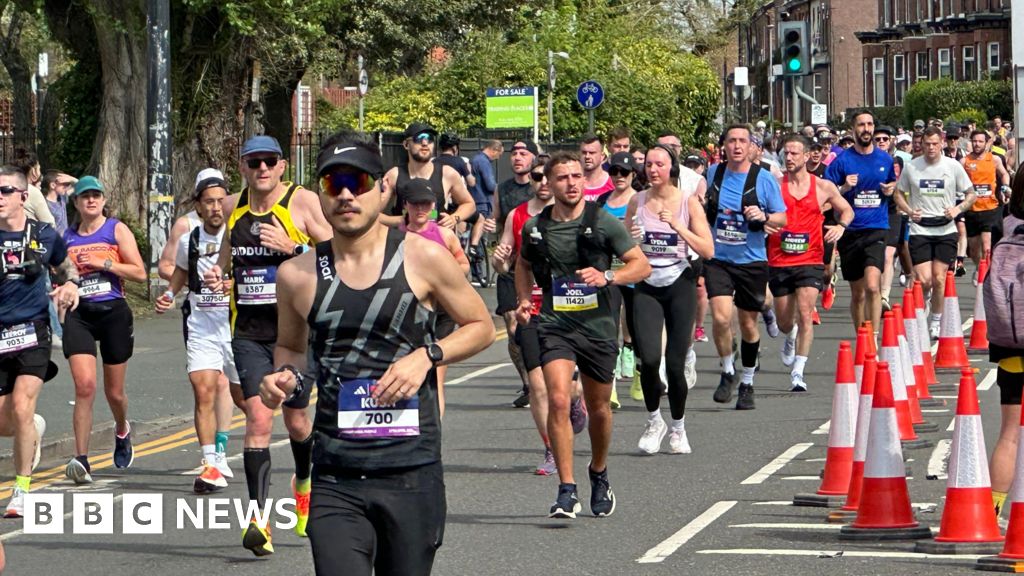If you live in one of the parts of England that is voting on Thursday, we encourage you, above all, to vote. The Independent does not tell its readers how to vote but, like a benign constitutional monarch, it sometimes encourages and warns. Turnout is usually low for local elections, but voting is important and however you intend to cast your vote we urge you to take part in the democratic process.
The opinion polls suggest that Nigel Farage’s Reform UK will do well. It is poised to win the Runcorn and Helmsby parliamentary by-election, which is also being held on Thursday, and to win the mayoralties of Lincolnshire, Hull and East Yorkshire, and Doncaster. The party is likely to win hundreds of local council seats and may end up in control of some authorities, either by itself or in power-sharing arrangements with others.
Reform’s success will be dismissed by the Labour and Conservative parties as “a protest vote”. Kemi Badenoch, the Conservative leader, was dismissive before a single vote had been cast, saying: “Protest is in the air; protest parties are doing well at the moment.”
Unfortunately for her, if a governing party is unpopular, and the Labour Party undoubtedly is, you would normally expect the official opposition to give voice to that discontent and to benefit accordingly in mid-term elections.
What is unusual is that both the two main traditional parties are unpopular at the same time. The Conservatives have only just been rejected by the voters in the most emphatic terms, and it will take some time before they will be allowed a hearing. What was more surprising, perhaps, was the speed and extent of the disillusionment with the Labour government. Never before has a “landslide” general election victory been obtained on such a low share of the vote; and never before has such a triumph turned so quickly into disappointment.
It is no wonder therefore that Reform will do well, and well enough possibly to eclipse the success of other “protest parties”. The Liberal Democrats, well established in local government and long experienced in harvesting defectors from other parties, are also likely to do well on Thursday. The Green Party and pro-Palestinian independents may also pick up support from disillusioned Labour voters.
None of these should be dismissed as mere “protest” votes, as if they were a temporary, misguided and unserious diversion. Purists will say that it is a mistake to use a vote for a local councillor or regional mayor to express dissatisfaction with government policy on immigration, the cost of living or the NHS. This is to overlook the right of voters to use the system in whatever way they see fit. A so-called protest vote is an important democratic safety valve, a way for citizens to use the electoral machinery to send a message.
But – and this is where The Independent issues a warning – elections are about who holds power. Protest is democratic and necessary, but if it gives you a council run by incompetents, ideologues and conspiracy theorists, you are unlikely to benefit as a resident. Mr Farage’s party ought to be given the chance to prove that its representatives are none of these things, but the record of his previous political vehicles is not promising.
These local elections are about who can be trusted to empty the bins – and it is fortunate indeed for the Labour Party that there are no elections in Birmingham this year – but they are also part of the national political story. Two stories in particular. One is whether Labour can recover from the mess it has made of its first nine months in government. The other is the struggle for the leadership of the opposition, not just the one between Ms Badenoch and Mr Farage, but that between Ms Badenoch and Robert Jenrick, the rival she defeated last year.
Whether you disparage them as protest votes or not, they are votes, and they will help determine our future, locally and nationally. Use them carefully.





